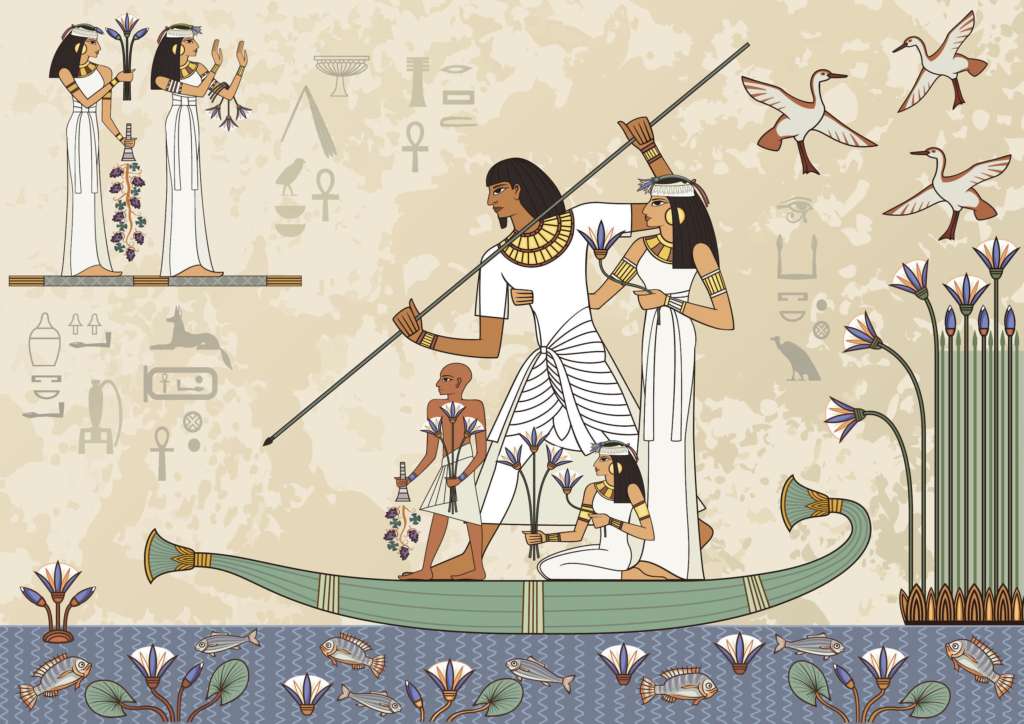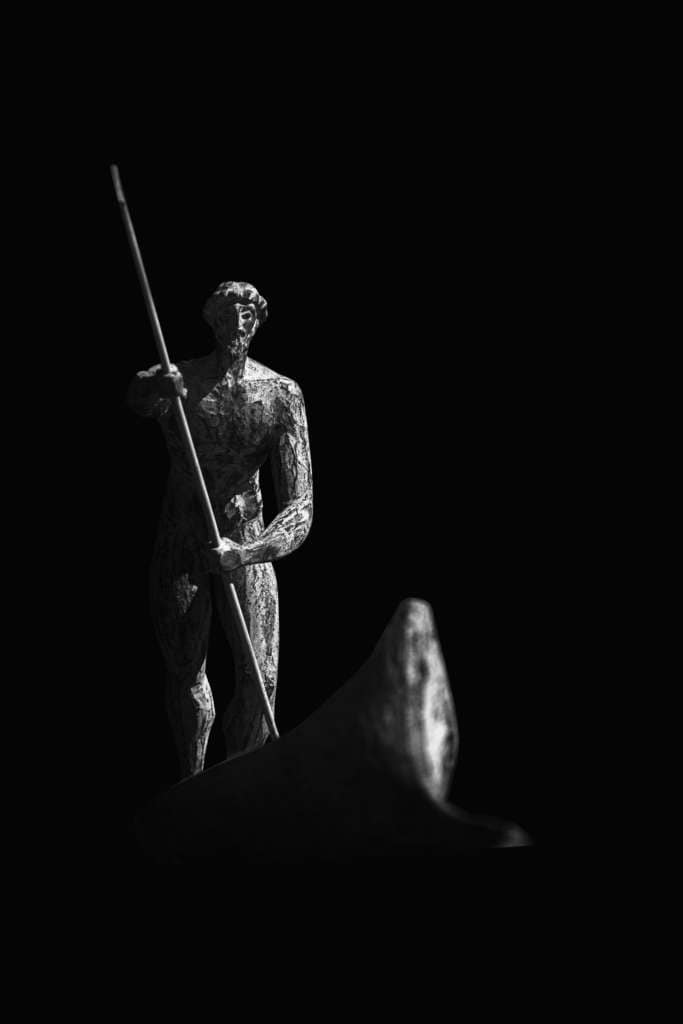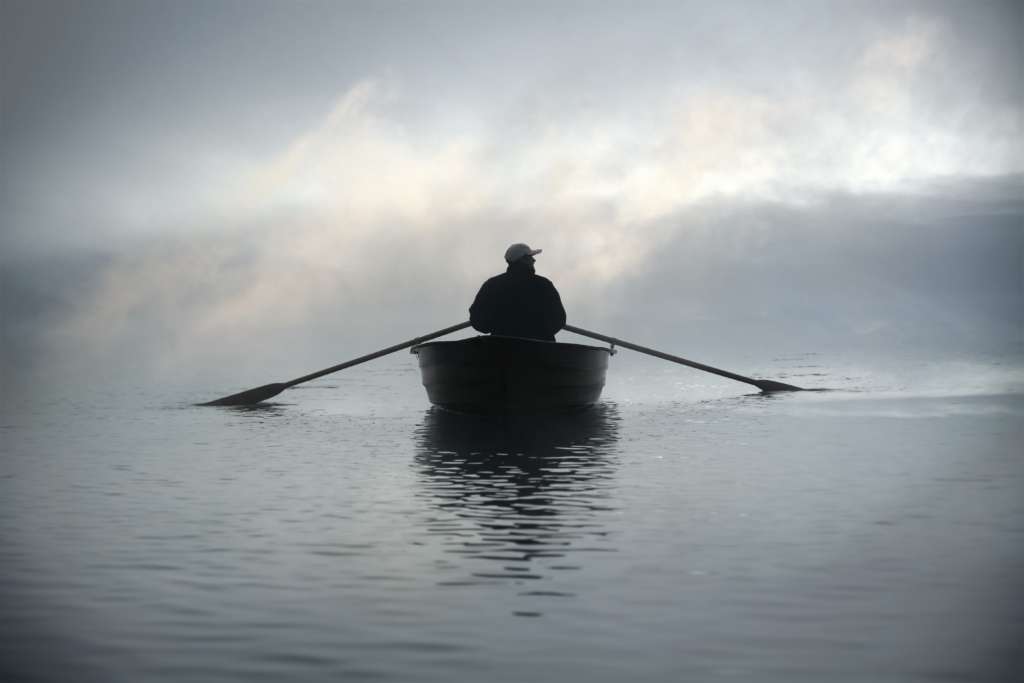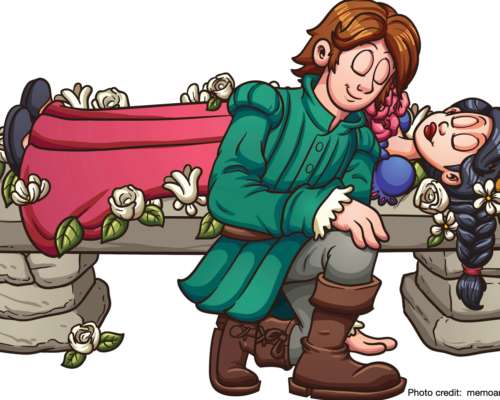British musical artist Cliff Richards once recorded a song called “The Water is Wide.” I understand that the song was actually based on an ancient ballad, but I cannot personally vouch for that. Yet, it is a very lovely, even haunting song which presents this Christian singer at his very best. The song opens with the lyrics:
“The water is wide I can’t cross over
And neither have I got wings to fly
Give me a boat that can carry two
And both shall row my love and I”
Written by: Traditional, Jean-Paul Cabrieres, Lyrics © Sony/ATV Music Publishing LLC, Lyrics Licensed & Provided by LyricFind
This song may well strike a chord in many of us, because many of us have rowed or sailed on the water, crossed rivers, or if not, just laid lazily on the banks “passing time.” Or, perhaps we sat on the grassy slopes of a river whenever we felt pensive?
Rivers
Rivers have always played a major role in the growth and development of various cultures. As far back as the first true civilizations, towns and cities were built on rivers, or where rivers converge, or where rivers meet the sea. Part of the reason for this is because waterways were used for commerce. Part of the reason also is that water, itself, is life. Clean water today is at a premium more than ever and becoming scarcer each year. Indirectly, water is also used to irrigate crops. A good example of the importance of a river can be found in ancient Egypt and the River Nile. The Egyptians called this river which is well more than 4,000 miles long Aur or Ar, which means “black.” This is a reference to the nutrient rich sediment that the river deposited in Egypt as it annually flowed over it’s banks and flooded the arable land. It was alternately called “the Great River”

Rivers then, as now, also defined borders of countries and states (such as the Red River which separates Texas from Oklahoma in the U.S., or the Rio Grande, sometimes called the Rio Bravo which separates the U.S. from Mexico.)
Hades

Even in the mythology of the underworld, there was the famous river Styx, the river of the unbreakable oath, which separated the world of the living from the world of the dead. The approach to the Styx was guarded by a fearsome three-headed, monstrous dog-like beast (with a sweet tooth.) Mythology tells us that the mortal Psyche wanted to visit Persephone in Hell, the goddess of the underworld because of a trial forced on her by Aphrodite–similiar to the labors of Hercules. When she saw Ceberus, she threw the dog a honey cake to distract it while she passed safely by. A boat with a shade-like character named Charon served as a ferryman as dead souls were transported to Hades. But the ride wasn’t free according to legend. Charon demanded a certain fee (i.e. fare) of all who needed passage, and this was the origin of the custom of placing coins on the eyes of people who died. This was, in fact, the tribute that Charon demanded.
Hades, itself was bounded by four rivers:
“The . . . Acheron (the river of sorrow, or woe), Cocytus (lamentation), Phlegethon (fire) and the Lethe (oblivion).”
https://en.wikipedia.org/wiki/Hades
Today, it is still somewhat common to view dying people as “crossing over” the River of Life. Many cemeteries and even nursing homes thus have names such as “Riverside” or “Riverview” to capitalize on this metaphor.
It is also common today to see a river as representing the dimension of time. After all, the water travels in one direction only, and whatever debris, floatsom and jetsam it carries is never seen again. If swift enough, it will carry people as well, even if they resist. The flow of an established river is also generally constant, even as time constantly “marches on.” But does time really “flow” or is that merely an illusion? Writing in the Journal Mind, author J.J.C. Smart notes:
“. . .we think of ourselves as stationary, watching time go by, just as we may stand on a bridge and watch leaves and sticks float down the stream underneath us. Events, we sometimes think are like these leaves and sticks; they approach from the future, are momentarily in the present, and then recede further and further into the past.”
Mind, \ Vol. 58, No. 232 (Oct., 1949), p. 483. Published By: Oxford University Press
That thinking would make the future “upstream,” though, not downstream. Hmm.
Time can also be thought of in terms of a river because once a certain article (or opportunity) has floated by and passed you as the observer on the bank, it is gone forever. If you do not act to save a helpless person struggling in the current as he or she passes you, then you’ve missed your opportunity to save them, because you cannot get the river to return them to your position. Time, here, is of the essence.
Rivers often have very humble sources, but they frequently pick up speed and size as tributaries flow into the river. Thus, a river can also be a metaphor for a person’s life, itself. The weak, unpretentious beginings of a river correspond to human infancy. And even as a river grows in size and strength so, too, do humans. Rivers can be tempestuous and chaotic at times depending on the external forces acting on it, even as people are. Then, too, many rivers have gentle endings as they meander through a delta or some other geographical feature. Humans experience such anticlimatic endings themselves.
The Undiscover’d Country
Two premises: There is a chasm between life and death, and between the place of reward1 and the place of punishment in the afterlife. The first is obvious. This is what Shakespeare calls: “The undiscover’d country, from whose bourn No traveller returns-puzzles the will.“
The second premise is put forth by Jesus in His parable of Lazarus and the rich man (Luke 16:19-31):
“There was a rich man who was dressed in purple and fine linen and lived in luxury every day. At his gate was laid a beggar named Lazarus, covered with sores and longing to eat what fell from the rich man’s table. Even the dogs came and licked his sores.
“The time came when the beggar died and the angels carried him to Abraham’s side. The rich man also died and was buried. In Hades, where he was in torment, he looked up and saw Abraham far away, with Lazarus by his side. So he called to him, ‘Father Abraham, have pity on me and send Lazarus to dip the tip of his finger in water and cool my tongue, because I am in agony in this fire.’
“But Abraham replied, ‘Son, remember that in your lifetime you received your good things, while Lazarus received bad things, but now he is comforted here and you are in agony. And besides all this, between us and you a great chasm has been set in place, so that those who want to go from here to you cannot, nor can anyone cross over from there to us.’
“He answered, ‘Then I beg you, father, send Lazarus to my family, for I have five brothers. Let him warn them, so that they will not also come to this place of torment.’
“Abraham replied, ‘They have Moses and the Prophets; let them listen to them.’
“‘No, father Abraham,’ he said, ‘but if someone from the dead goes to them, they will repent.’
“He said to him, ‘If they do not listen to Moses and the Prophets, they will not be convinced even if someone rises from the dead.’”
Picture yourself crossing a river that is perpetually shrouded with fog. You have no choice–you are

compelled against your will to cross, even as people in a burning tenament building jump through windows, risking mortal harm to escape the flames and certain death. As you get further away from your familiar shore, you look for glimpses or what may lie ahead, that “undiscover’d country” before you to which the Bard refers. The distant shore that pulls you represents your eternal fate. And as you get closer and closer to the river bank, the fog starts to lift. What is it that you see? Is it the abode of Lazarus or that of the rich man?
A parting thought
Think of this post as a note floating down the river of life. You, as the reader see it approach and you can read parts of it as it passes you by. But, like opportunity, it may be gone forever unless you seize the moment by seizing the message. This is why the Apostle Paul writes:
“For he says,
‘In the time of my favor I heard you,
and in the day of salvation I helped you.‘I tell you, now is the time of God’s favor, now is the day of salvation.”
Footnotes
1The place of reward is, of course, Heaven. However, people ascend to Heaven when they die not because of any good works they may have performed in this life, but rather through faith in Jesus Christ, God’s Son. Hebrews 11:6 touches on this where the author writes: “But without faith it is impossible to please him: for he that cometh to God must believe that he is, and that he is a rewarder of them that diligently seek him.” The Greek word in Scripture for “diligently seek” is ἐκζητοῦσιν, which means “investigate,” “crave,” and “seek.” It is an action verb, and if you do this, the promise in this verse is that God will “reward” you for doing so. Believing that God exists is important as well according to the verse in Hebrews, but you cannot stop here, because even Satan understands that God exists (and look at him! See James 2:19.)
For more on becoming a Christian, please refer tomy post here.





Google Sites
August 22, 2022Are you writing the articles in your website
yourself or you outsource them? I am a blogger and
having difficulty with content. Other bloggers told
me I should use an AI content writer, they are actually pretty good.
Here is a sample article some bloggers shared with me. Please let me know what your opinion on it and should I go ahead
and use AI – https://sites.google.com/view/best-ai-content-writing-tools/home
admin
August 23, 2022I write all my own content. I’m not fluent in AI assisted writing. It may be highly intuitive for assisting in some subjects like travel, cooking, etc. But my blog is primarily spiritual and I hope I’m receptive to the guiding of the Holy Spirit, something that AI cannot possibly be.